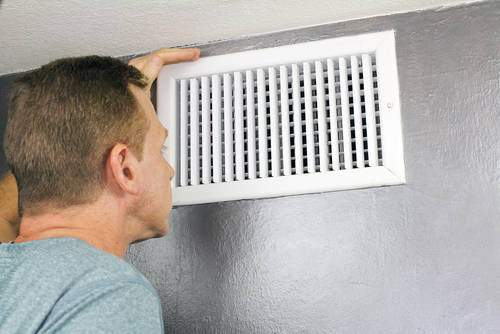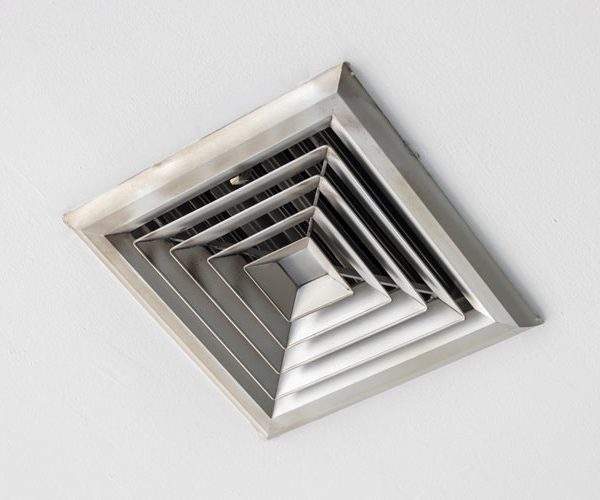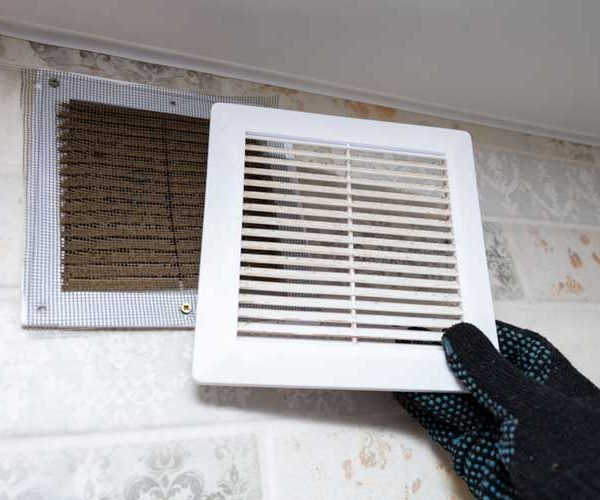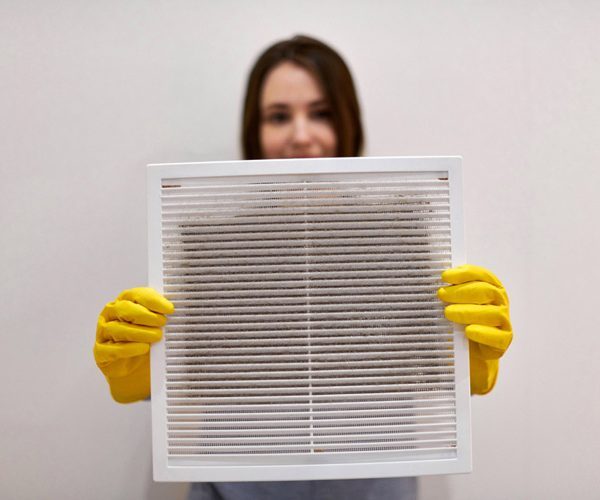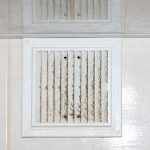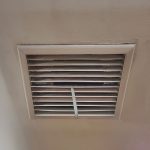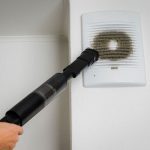In some condominium complexes, mold is an unseen assailant that causes residents to experience fatigue, flu like symptoms, and the exacerbation of respiratory conditions such as asthma. Consequently, providers of condo management services should make mold prevention a priority in all seasons. Stopping an infestation after it starts can be difficult, but preventing one from occurring is easier. Below are some tips for preventing mold in condos and other types of association-governed housing.
Clean Window Sills with Bleach Monthly
Mold likes dark, moist places where it can thrive, and the window sill of a closed window can provide the perfect place for spores to grow. That’s why the window sills in residences and common building should be wiped down monthly with a water and bleach solution.
Check Walls Behind Furniture Semi Annually
When furniture abuts a wall, it creates a dark place where fungus can grow, especially during the spring and summer months when structures tend to contain more moisture. A proactive condo management plan for preventing mold should include checking the walls behind furniture semi-annually.
Check Sinks for Dripping Pipes Monthly
A dripping sink pipe can supply fungus with the perfect amount of moisture to thrive. Soon enough, the problem can spread from underneath a sink to other areas of a dwelling, such as showers, closets, and air ducts. Vendors of condo management services and residents should check sinks for leaking pipes monthly.
Inspecting Crawlspaces for Water Annually
The crawlspace underneath first-floor condominiums can accumulate pools of water during the wet months. When this occurs, it creates a perfect environment for fungus to grow. If first-floor units accumulate water in a crawlspace, vendors of condo management services can reseal the space and vacuum up standing water to prevent fungus growth.
Check Houseplants Monthly
Because fungus can start growing in the soil of houseplants, potted plants should have their soil inspected monthly for the presence of mold. Houseplants needn’t be discarded if spores begin growing in the soil, but the soil should be emptied and replaced in an outdoor environment.
Conclusion
Mold can adversely affect people’s health. It can also necessitate expensive professional treatments, or make a dwelling difficult to sell if the problem is left unaddressed. Wiping down window sills with bleach, checking walls behind furniture, checking sinks for dripping pipes, and inspecting crawlspaces for pools of water are some of the best ways to prevent a mold infestation. A condo management provider should perform these checks and inspections in common buildings.

